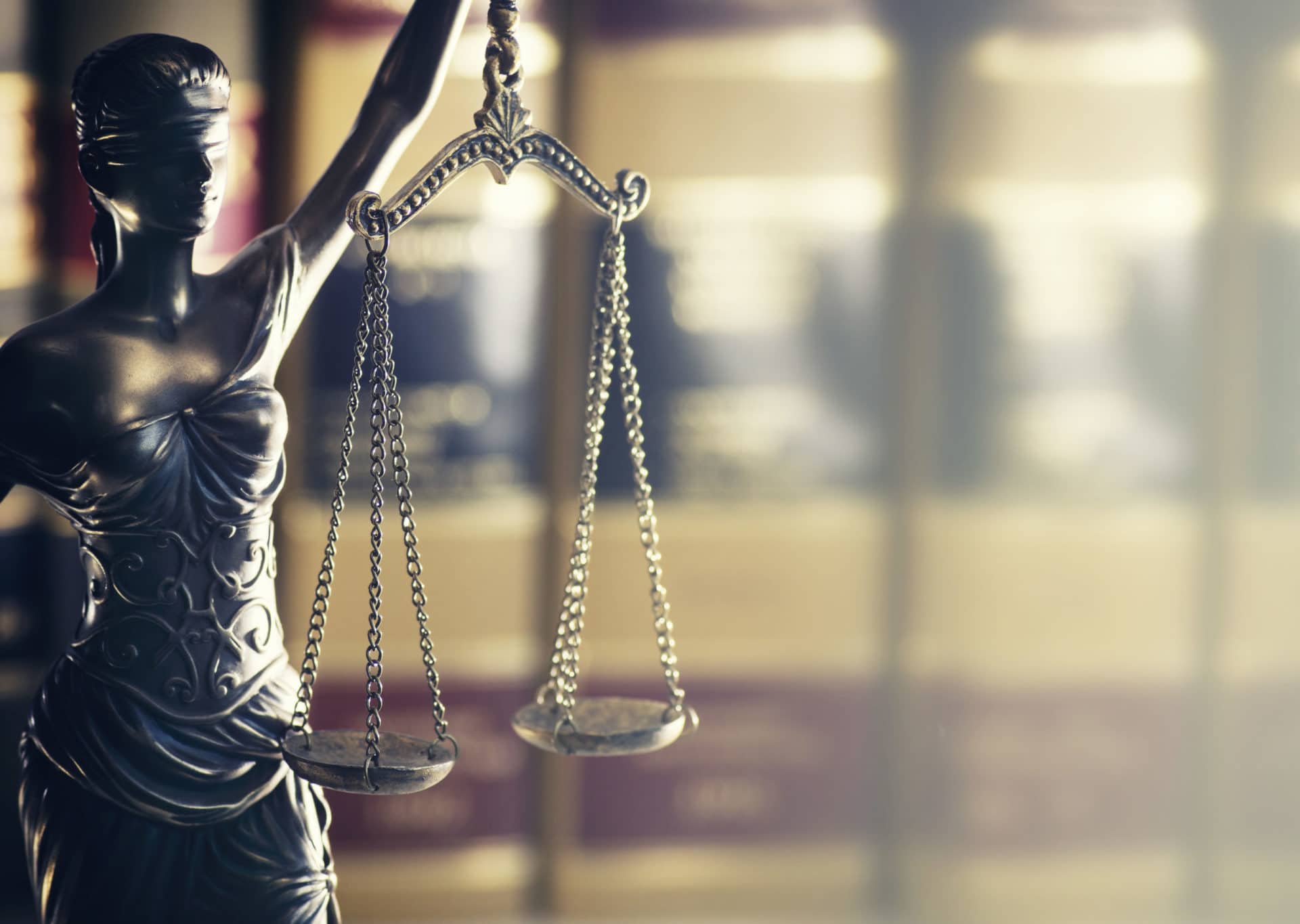FAQs About Sealing or Expunging Illinois Juvenile Records
Everyone makes mistakes as a teenager. Unfortunately, some of life’s lessons can follow us into adulthood. Criminal charges from your youth may continue to affect you as an adult and you may not even know it.
For this reason, Illinois legislators offer former offenders the chance for a “do-over” through expungement and record sealing.
These laws are especially lenient if you committed crimes before you turned 18. Today’s post covers some of the most common questions we answer about the juvenile expunction process.
Why Should I Expunge or Seal My IL Criminal Record?
A: To Ensure Your Right to Equal Opportunity
Criminal records are public information. Employers, landlords, and college admissions officers can all access this information and make life-changing decisions based on what they find. Expungement and criminal record sealing allow you to present a more professional application.
Even for offenses slated for automatic expunction, it is important to follow up on whether or not the records were ultimately cleared. Don’t let an admin error affect other areas of life.
IL Criminal Record Sealing or Expungement: What’s the Difference?
A: One Just Hides Your Past, the Other Erases It
When criminal records are sealed, they are hidden from the public view. However, some employers and agencies will still be able to request access to the records.
Expungement erases criminal records to just about everyone, although law enforcement officers may be able to access them if the offender commits crimes in the future.
What Juvenile Crimes Can Be Expunged in Illinois?
A: Nearly All of Them Besides the Worst Violent Offenses
Most juvenile arrests, charges, and convictions can be expunged and hidden from public view. Depending on the nature of the crime, you might have to wait a certain period of time in order to qualify for expungement.
Juveniles who commit murder or serious sex convictions, however, cannot apply for expungement. Additionally, rules differ slightly when the crime was committed by someone who has already turned 18.
Does My Child Have to Wait to Apply for IL Expungement?
A: Yes. Waiting Periods Depend on Factors Like Age and Type of Crime
Depending on your child’s juvenile record, you may have to wait to get their record expunged. If your child has felony or Class A misdemeanor convictions on their record, they will have to wait:
- Until they are 21 years old, or
- Five years after their sentence has ended (if no additional crimes have been committed)

What Are the Waiting Periods for Crimes Automatically Expunged?
A: Typically Between 1 and 2 Years
In some cases, the records are automatically expunged and you won’t have to do a thing. Illinois law states that some records are automatically expunged, but the offender typically has to wait one or two years before this process occurs. Here are three common examples:
Arrests: Arrests are automatically expunged after one year if the juvenile has not been arrested for subsequent crimes.
Charges: If charges are dropped or a case ends in the court finding the juvenile to be not delinquent, records will automatically be expunged.
Class B or C Misdemeanor Convictions: Class B and C misdemeanors, along with petty offenses, include some of the least serious crimes. Courts should automatically expunge these records upon sentence completion.
How Can We Apply for Expungement in Illinois?
A: Reach Out to Your Local Court Clerk or Contact an Experienced Juvenile Defense Attorney to Apply
Expungement requires filing paperwork with the local court, paying fees, and possibly go to a hearing. A criminal defense lawyer can help you through each step of this process to ensure that all paperwork goes to the right place and that the hearing goes smoothly.
The process usually involves completing a Request to Expunge Juvenile Records form and additional paperwork for scenarios involving multiple arrests or various locations.
These forms are submitted to the Circuit Clerk in the county where the arrests or charges took place. Any court documents that are required with the paperwork can be submitted by e-file.
We Received a Notice to Appear; What Happens at This Hearing?
A: The Juvenile Will Answer Questions and Respond to Any Objections
If your records are expunged without a hearing, you will get a notice in the mail. If you have to attend a hearing, it is imperative that you arrive on time and present a case for why these records should be hidden.
During your hearing, you may have to answer questions about your criminal history or respond to objections to your expungement request.

My Request for Expungement Is Approved; How Long Will It Be Until My IL Criminal Record Is Cleared?
A: Generally, 60 Days
At the hearing, a judge will decide whether your request for expungement is approved or denied. You should get paperwork that states the judge’s decision.
Then, the court officially has 60 days to expunge the records after the final decision is made.
About the Author:
Andrew M. Weisberg is a former felony prosecutor who now serves as a defense attorney in the greater Chicago area. He has extensive experience in handling all types of criminal cases, from sex offenses and domestic violence to retail theft-related crimes, murder, and drug crimes.







 Blog Home
Blog Home 










